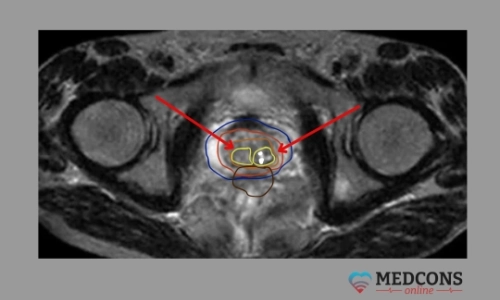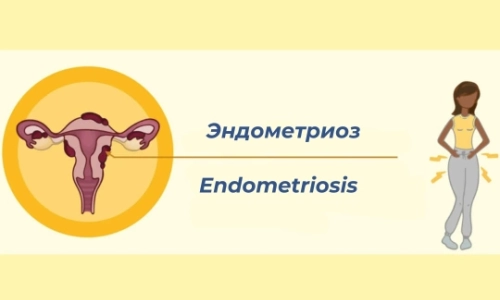The latest medical news, expert views on key health issues, as well as advice on disease prevention and management.
Blog
Multiparametric prostate MRI is a reliable tool in refining indications for biopsy
When should CDK4/6 inhibitors be used in breast cancer?
Pembrolizumab (Keytruda) may improve survival in triple-negative breast cancer
If your vision is at risk: modern treatments for retinal diseases

Vision is one of the most important senses that help humans find their way in the world around. About 80% of information comes to us through the eye, and the loss of this ability can seriously affect the quality of life, limiting the work performance, complicating daily activities and participation in social life.






